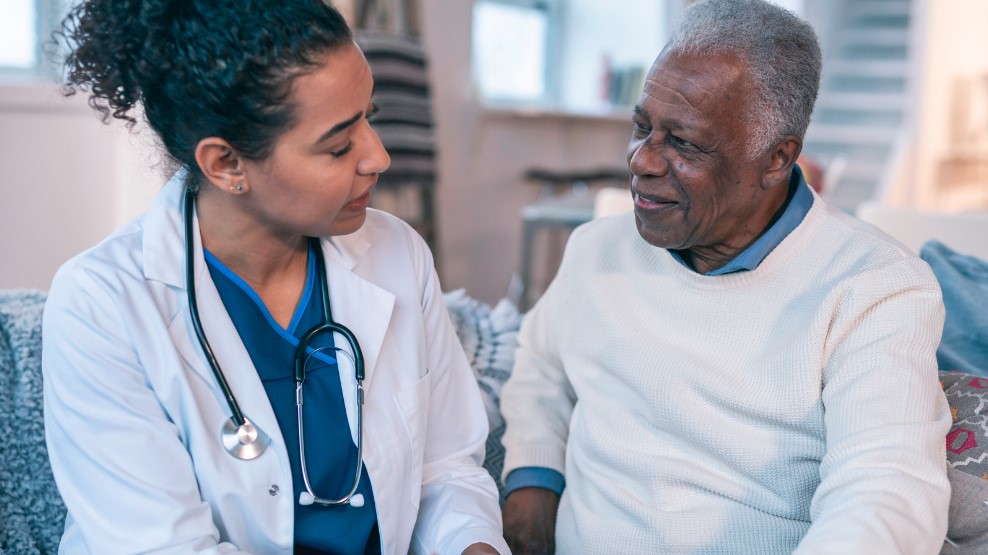Chair Lipps and members of the Joint Committee, thank you for the opportunity to provide testimony today to highlight the work of Ohio’s protection and advocacy system, Disability Rights Ohio (DRO). My name is Kyle Thompson, and I am a Policy Assistant with The Center for Community Solutions, a nonprofit, nonpartisan think tank that aims to improve health, social and economic conditions through research, policy analysis, and communication.
I am here today in support of Disability Rights Ohio (DRO), an independent non-profit with the mission to advocate for an equitable Ohio for people with disabilities. DRO serves a necessary function here in Ohio: to protect Ohioans with disabilities from abuse, neglect, exploitation, and discrimination. In addition to their direct service work, DRO has also collaborated with Community Solutions and other health and human service organizations to ensure individuals with disabilities and their lived experience is at the forefront of any policy proposals that may affect their lives. Recently Community Solutions compiled data on disabled people in Ohio, analyzing how disability ranges across different demographics in the state. Currently in Ohio, over 1.6 million or 1 in 7 individuals are living with a disability. That is a substantial population of Ohioans with various backgrounds across race, age, and socioeconomic status. To further elucidate my point, I will focus on age. In Ohio, 80% of children under 18 with a disability have a cognitive disability, whereas approximately 90% of people with a disability aged 65 to 74 have a hearing disability, and 60% have an ambulatory difficulty.
I highlight these statistics because when we talk about disabled Ohioans, we are talking about many people that require a voice to advocate for their well-being that spans across different needs. In this instance, age alone can be extremely difficult to account for when working to provide individuals with specialized care. I drive this point to further say that Ohioans are more than just a number or statistic. They are human beings that should have a right to receive care that is informed by their own needs to the extent that is possible. In no way, would there ever be a reality where the outcome of a person’s well-being did not consider this.
DRO is part of the protection and advocacy systems that were created by Congress to ensure disabled people are not subjected to abuse and neglect. Having unrestricted access to disabled people is necessary to ensure their rights are protected. As an independent advocate, DRO first looks to the person with a disability for direction on what they want DRO to do or not do. DRO cannot make decisions for a person with a disability. DRO recognizes the importance of persons with disabilities having autonomy and independence, including the freedom to make their own choices. In this decision-making process, it is natural for loved ones to conflict with service providers on outcomes for an individual, however DROs role is not to sway or tell parents what to do. The organization simply provides information about the individual’s rights so they can make their own decision
Chair Lipps, and members of the Joint Committee, I would like to thank you again for the opportunity to speak with you today. I would be happy to take any questions the Joint Committee may have.








